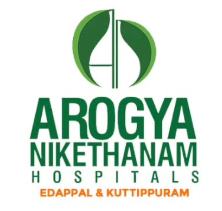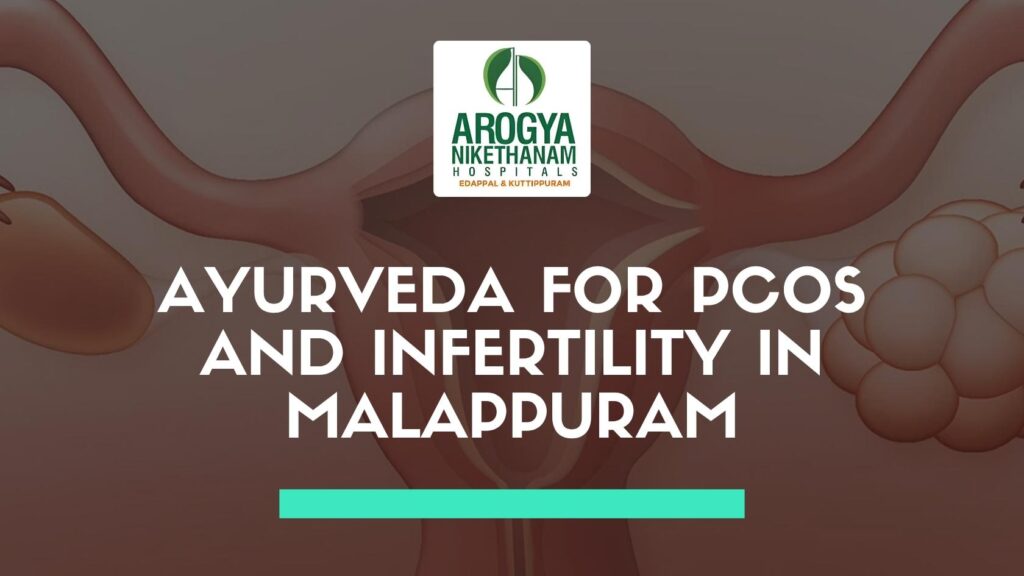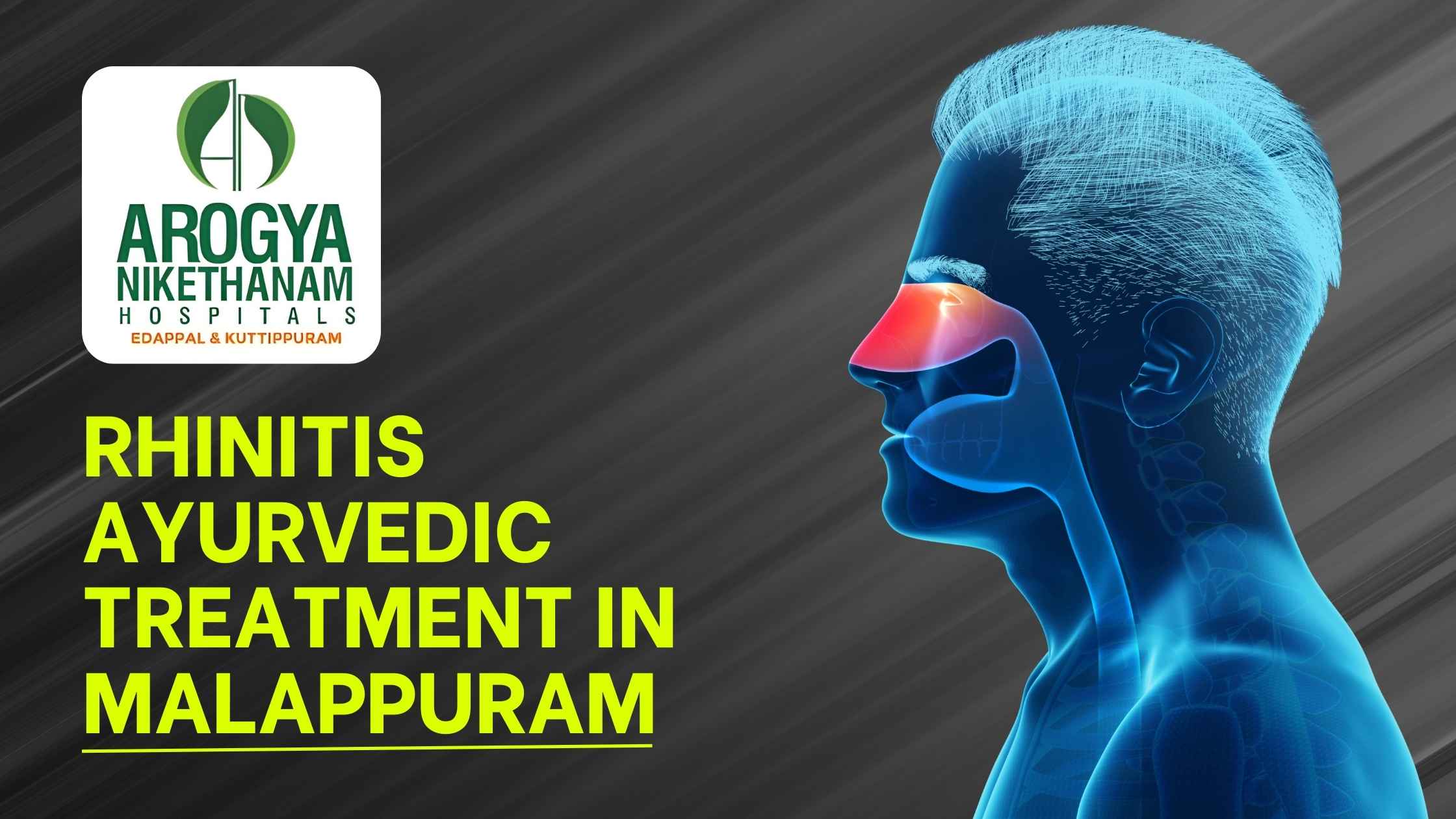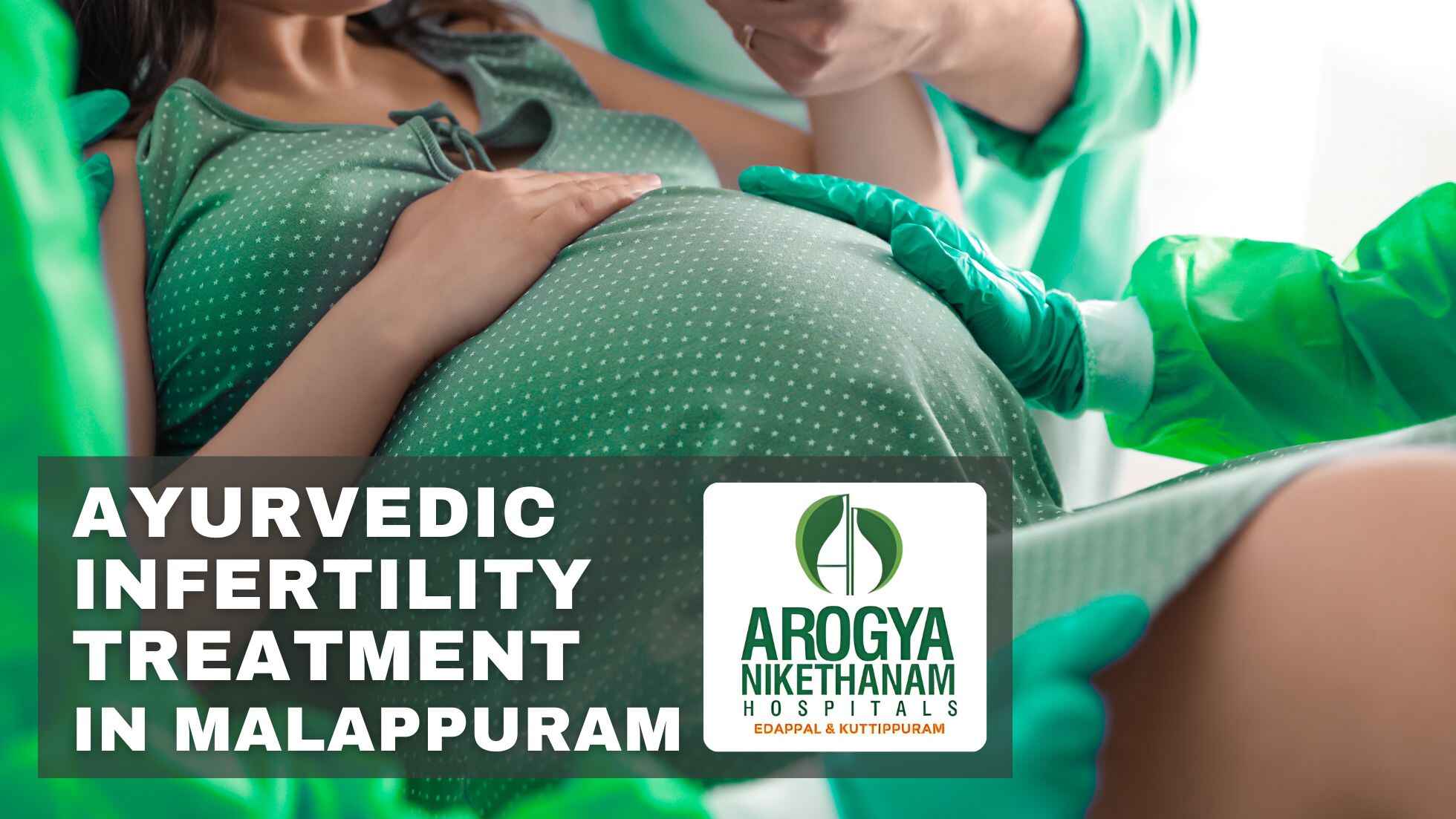When you first hear the terms “PCOS” and “infertility,” it can feel overwhelming. The acronyms, the medical jargon, the endless appointments—your head might spin faster than a centrifuge in a lab! But here in Malappuram, there’s a time-tested, holistic approach that’s been helping women restore balance and embrace their body’s natural rhythms: Ayurveda for PCOS and infertility in Malappuram. And if you’re looking for expert guidance, Arogya Nikethanam Hospital is the friendliest neighborhood Ayurvedic center ready to welcome you with open arms.
Understanding PCOS and Infertility: Why Ayurveda Makes Sense
Polycystic Ovary Syndrome (PCOS) affects roughly 5–10% of women of reproductive age worldwide, and many of those women face challenges when trying to conceive. From irregular periods and weight gain to acne and mood swings, PCOS symptoms can be frustrating. Conventional treatments often focus on symptom management—birth control pills for irregular cycles, metformin for insulin resistance—but rarely address the underlying imbalance.
That’s where Ayurveda for PCOS and infertility in Malappuram shines. Ayurveda isn’t just a collection of herbal recipes; it’s a holistic system that sees you as more than a set of symptoms. By balancing your doshas (the three fundamental energies: Vata, Pitta, and Kapha), Ayurveda aims to restore harmony at the root. When your internal environment is balanced, your body can function optimally—periods regularize, hormones stabilize, and your chances of conception naturally improve.
The Ayurvedic View of PCOS and Infertility
In Ayurvedic terms, PCOS often arises from an imbalance in Kapha dosha—think of excess heaviness and stagnation manifesting as weight gain, oily skin, and sluggish metabolism. When Kapha collides with Pitta (the fire element), you might see inflammation, irritability, or skin issues. Meanwhile, Vata imbalances can cause irregular cycles or even amenorrhea (absent periods).
Infertility, too, is seen through the lens of doshic imbalance. Weak uterine tissue (Dushti of Shukra dhatu) or poor reproductive tissue quality can stem from impure or insufficient nutrients reaching the reproductive system. By cleansing toxins (Ama), nourishing tissues (Dhatu), and restoring proper flow (Srotas), Ayurveda for PCOS and infertility in Malappuram aims to create fertile ground—both literally and figuratively!
Key Ayurvedic Therapies for PCOS
Panchakarma for Detox and Rejuvenation
Panchakarma, the flagship Ayurvedic detox program, includes therapies like Virechana (purgation) and Basti (medicated enemas). For PCOS, these treatments help flush out deep-seated toxins, regulate hormones, and boost metabolism. Imagine easing out the stagnant Kapha toxins that contribute to cyst formation and weight gain—Panchakarma at Arogya Nikethanam Hospital’s serene center in Edappal makes it happen.Udhwartana (Herbal Powder Massage)
This invigorating, dry powder massage stimulates lymphatic flow, breaks down fat deposits, and enhances circulation. It’s particularly beneficial for Kapha-dominant imbalances, promoting weight loss and reducing cystic formations around the ovaries.Nasya (Nasal Administration of Oils)
While Nasya is often touted for sinus issues, it also pacifies Vata imbalances that can disrupt ovarian function. A few drops of medicated oil in each nostril might sound quirky, but many women report more regular cycles and a calmer mind.Herbal Supplements
Ayurvedic herbs like Guduchi (Tinospora cordifolia), Shatavari (Asparagus racemosus), and Triphala are staples for PCOS. Guduchi helps modulate immunity and reduce inflammation; Shatavari nourishes reproductive tissues and supports hormonal balance; Triphala gently detoxifies and supports digestion.
Ayurvedic Strategies to Boost Fertility
When it comes to infertility, a multi-pronged Ayurvedic approach can yield powerful results:
Snehapana and Svedana (Oleation and Sweating Therapies): Before Panchakarma, internal and external oleation helps mobilize toxins. Warm sesame oil massages, followed by steam therapy, soften toxins for easy elimination.
Rasayana (Rejuvenation) Therapies: These treatments aim to revitalize reproductive tissues. Therapies like Ksheerapaka (milk decoction) with herbs such as Ashwagandha and Shatavari nourish the “Ojas,” the vital essence responsible for immunity and fertility.
Garbhini Paricharya (Prenatal Care Protocols): Ayurveda has specific guidelines for women preparing for conception. A personalized diet, daily routines (Dinacharya), and herbal formulations ensure that both mother and future baby benefit from optimal health.
Yoni Vasti (Vaginal Retention Therapy): Medicated oils or decoctions are retained in the vaginal canal to nourish the uterus, improve endometrial lining, and soothe reproductive organs.
By combining these therapies under the expert care at Arogya Nikethanam Hospital in Malappuram, many women find that previously elusive pregnancies become possible.
Diet, Lifestyle, and Daily Habits
You don’t have to live at the hospital to benefit from Ayurveda for PCOS and infertility in Malappuram. Simple daily changes can make a big impact:
Eat Warm, Light, and Cooked Foods: Kapha pacification is key—favor steamed vegetables, warm soups, and spiced teas (ginger, cinnamon).
Start Your Day Right: A glass of lukewarm water with lemon kick-starts digestion (Agni). Followed by mild yoga or brisk walking to keep Vata and Kapha balanced.
Spice It Up: Incorporate warming spices like turmeric, cumin, black pepper, and coriander in your meals. They boost metabolism and aid digestion.
Mindfulness and Meditation: Stress is a major trigger for hormonal chaos. A short daily meditation or pranayama (breathing exercises) can soothe Pitta and Vata, paving the way for hormone harmony.
Proper Sleep Routine: Aim for 7–8 hours of sleep by 10 pm. Late nights aggravate Vata, leading to irregular cycles and heightened anxiety.
Why Choose Arogya Nikethanam Hospital in Malappuram?
If you’re exploring Ayurveda for PCOS and infertility in Malappuram, you want more than just treatments—you want a partner in your healing journey. Here’s why Arogya Nikethanam Hospital stands out:
Expertise in Women’s Health: Their Ayurvedic physicians specialize in women’s health, with years of experience in treating PCOS and infertility holistically.
Personalized Care Plans: No two women are the same. They craft individualized Panchakarma schedules, herbal regimens, and lifestyle plans.
State-of-the-Art Panchakarma Suites: From serene therapy rooms to private steam and oil massage chambers, every corner is designed for your comfort.
Herbal Pharmacy On-Site: Freshly prepared herbal concoctions—no mass-produced capsules here. You receive potent, pure formulations tailored to your doshic profile.
Holistic Support: Alongside Ayurvedic treatments, you’ll find yoga instructors, nutritionists, and counseling experts to support your mind, body, and spirit.
Convenient Locations: Choose the Edappal center for easy access from Malappuram town, or the tranquil Thavanoor campus for a deeper immersive retreat.
Frequently Asked Questions
1. What is PCOS and how does Ayurveda at Arogya Nikethanam Hospital help?
PCOS (Polycystic Ovary Syndrome) is a hormonal disorder characterized by irregular cycles, ovarian cysts, and metabolic issues. At Arogya Nikethanam Hospital, Ayurvedic treatments like Panchakarma detox, Kapha-balancing diet, and targeted herbs (e.g., Shatavari, Guduchi) work to clear toxins, regulate hormones, and restore natural ovulation.
2. How long does it take to see improvements in PCOS symptoms with treatments at Arogya Nikethanam Hospital?
Most women start noticing improvements—such as more regular cycles and reduced cyst-related discomfort—within 2–4 months of consistent Ayurvedic therapy, including therapies like Udhwartana and Nasya under expert care at Arogya Nikethanam Hospital.
3. What Ayurvedic therapies for infertility are offered at Arogya Nikethanam Hospital?
The fertility program includes Snehapana (internal oleation), Virechana (medicated purgation), Basti (herbal enemas), Rasayana (rejuvenative tonics), and Yoni Vasti (uterine nourishment), all tailored to cleanse, nourish, and strengthen reproductive tissues for optimal conception.
4. Is Panchakarma safe for women trying to conceive at Arogya Nikethanam Hospital?
Yes. Panchakarma at Arogya Nikethanam Hospital is fully supervised by certified Ayurvedic physicians. Each protocol is customized based on your strength and dosha profile, ensuring a gentle yet effective detox without compromising safety.
5. Can I combine Ayurvedic treatment at Arogya Nikethanam Hospital with modern fertility medicine?
Absolutely. Many patients benefit from a complementary approach, continuing low-dose hormonal or insulin-sensitizing medications alongside Ayurveda. Coordination between your gynecologist and Ayurvedic doctor at Arogya Nikethanam Hospital ensures integrated, harmonious care.
6. Do I need to stay at Arogya Nikethanam Hospital for the full course of treatment?
You can choose from short-stay Panchakarma packages (7–14 days) or follow an outpatient plan. Herbal regimens, diet, and lifestyle guidelines can be continued at home, with regular follow-ups at Arogya Nikethanam Hospital to adjust your plan.
7. What dietary changes does Arogya Nikethanam Hospital recommend for PCOS and infertility?
A Kapha-pacifying diet is key: warm, cooked foods like stews and soups, whole grains (millets, brown rice), spiced teas (ginger, cinnamon), and light salads. The hospital’s nutritionist will personalize your meal plan to support hormonal balance and digestive health.
8. How much does an Ayurvedic PCOS and infertility program cost at Arogya Nikethanam Hospital?
Costs vary by package and duration. A basic 7-day Panchakarma plus herbal regimen starts around INR 25,000, while a comprehensive 14-day program can range up to INR 60,000. You’ll receive a customized quote after your initial Ayurvedic consultation.
9. What makes Arogya Nikethanam Hospital different from other Ayurvedic centers in Malappuram?
Our focus on women’s health, on-site herbal pharmacy, state-of-the-art Panchakarma suites, and integrated support (yoga instructors, nutritionists, and counselors) create a truly holistic environment dedicated to your fertility journey.
10. How can I book a consultation at Arogya Nikethanam Hospital in Malappuram?
Call the Edappal center at +91 88664 59900 or email arogyanikethanamedapal@gmail.com to schedule your initial Ayurvedic assessment. Our team will guide you through booking and prepare a personalized treatment plan.






